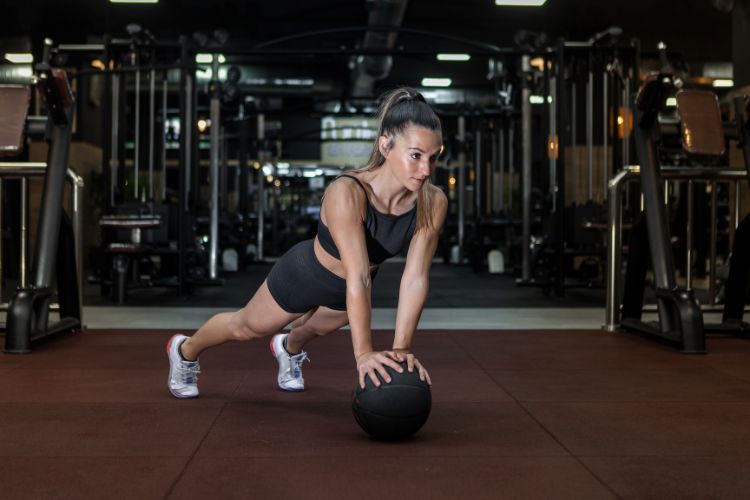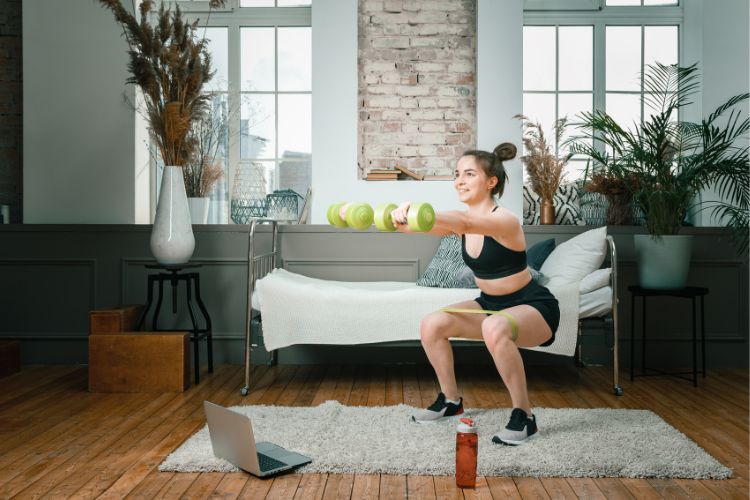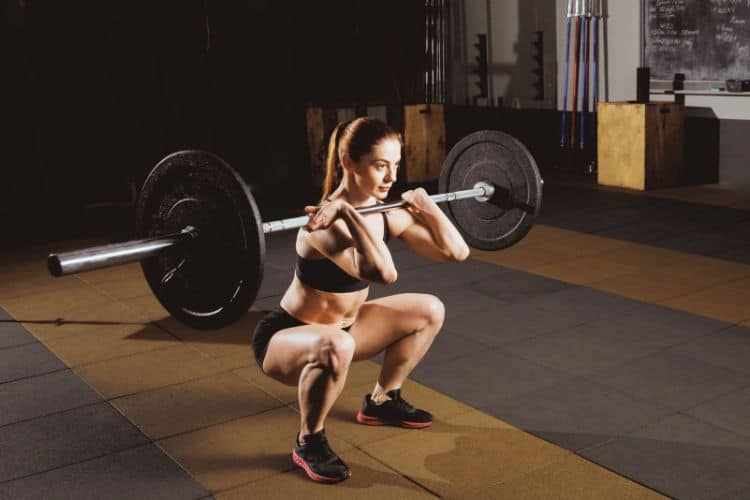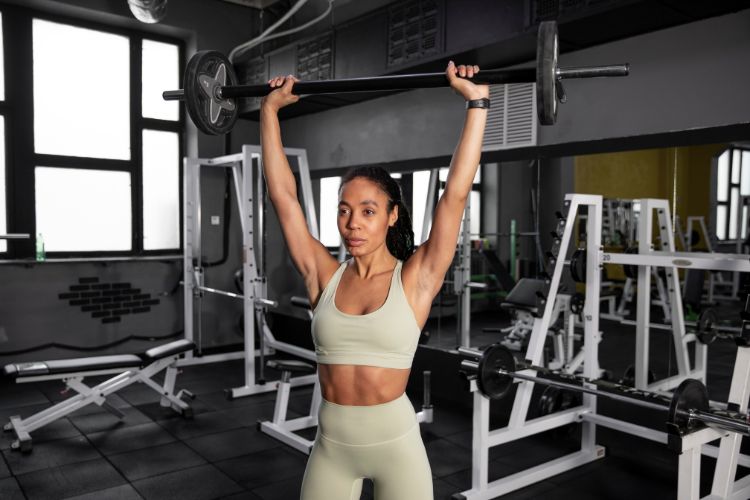Sign up for workout ideas, training advice, reviews of the latest gear and more.






Proper hydration is an essential component of overall health and wellbeing, playing a crucial role in ensuring bodily functions operate efficiently. While hydration is important for everyone, women may have unique hydration needs due to physiological differences and life stages such as menstruation, pregnancy, and menopause. With varying lifestyle dynamics, it is critical for women to understand how to hydrate effectively. This article outlines some of the best methods for women to rehydrate and replenish their bodies.
Hydration influences every aspect of our body’s functionality, from maintaining temperature and facilitating digestion, to promoting clear skin and good mood. It helps in the removal of waste from the body, lubricates our joints, and provides the medium for various chemical reactions to take place in our cells. Importantly, dehydration can negatively impact cognitive function, physical performance, and overall mood, which can disrupt daily activities and productivity.
Although the widely accepted recommendation is eight glasses of water a day, the truth is that individual hydration needs can vary greatly. Factors such as body weight, age, climate, physical activity levels, and certain physiological conditions can influence your daily water requirements. As a general rule, however, the National Academies of Sciences, Engineering, and Medicine recommends a daily water intake of about 2.7 liters (or about 11.5 cups) for women, which includes fluids from all beverages and foods.
1. Drink water consistently: One of the most effective ways to stay hydrated is to consistently drink water throughout the day, rather than trying to consume large quantities at once. This helps keep your body’s water balance steady.
2. Hydrating foods: Many fruits and vegetables have high water content and can contribute to your overall hydration. Cucumbers, watermelon, oranges, and strawberries are all good choices, as well as leafy greens. Incorporating these into your daily diet can add variety and flavor to your hydration routine.
3. Electrolyte-rich drinks: way to rehydrate
For women who engage in intense workouts or live in hot climates, drinks enriched with electrolytes can be beneficial. Electrolytes like sodium, potassium, and magnesium are lost through sweat and need to be replaced to maintain the body’s balance.
4. Herbal teas: Non-caffeinated herbal teas can be a warming and soothing way to stay hydrated. They can also offer additional benefits, like aiding digestion or promoting relaxation.
5. Monitor your body: Awareness of your body’s needs is key. If you feel thirsty, it’s already a sign of mild dehydration. Regularly monitoring the color of your urine can also help gauge your hydration levels — a pale straw color indicates good hydration, whereas a darker color may suggest you need to drink more fluids.
During menstruation: Hormonal changes during menstruation can lead to water retention and bloating. Drinking enough water can actually alleviate these symptoms, not worsen them, as it helps your body eliminate excess sodium.
Women who are pregnant or breastfeeding need additional fluids to support the increased blood volume and amniotic fluid (in pregnancy), or to produce breast milk (when breastfeeding). Always consult with your healthcare provider to determine your specific hydration needs during these times.
Menopause: Menopausal women may experience hot flashes and night sweats, which can lead to increased fluid loss. Stay well-hydrated to compensate for these losses and to help maintain skin elasticity.
Beyond supporting vital bodily functions, proper hydration also supports women’s health in specific ways. For instance, it can contribute to weight management by promoting feelings of fullness and enhancing metabolic function. Adequate hydration can also help prevent urinary tract infections (UTIs) and kidney stones, conditions that women are more susceptible to.
Moreover, hydration promotes good skin health. Well-hydrated skin appears healthier, more radiant, and more youthful. It helps maintain skin elasticity and can contribute to slowing the aging process.
Hydration is a key player in women’s health and wellbeing, influencing everything from cognition and mood to digestion and skin health. The most effective way to maintain hydration is by drinking water consistently throughout the day, diversifying with hydrating foods, and using electrolyte-rich drinks when needed. Paying attention to your body’s signals and adapting your hydration habits according to your lifestyle and life stage is critical. Remember to consult your healthcare provider to understand your unique hydration needs and to ensure you’re on the right track towards optimal health.
Stay up to date on the latest women’s health, fitness and lifestyle trends and tips.